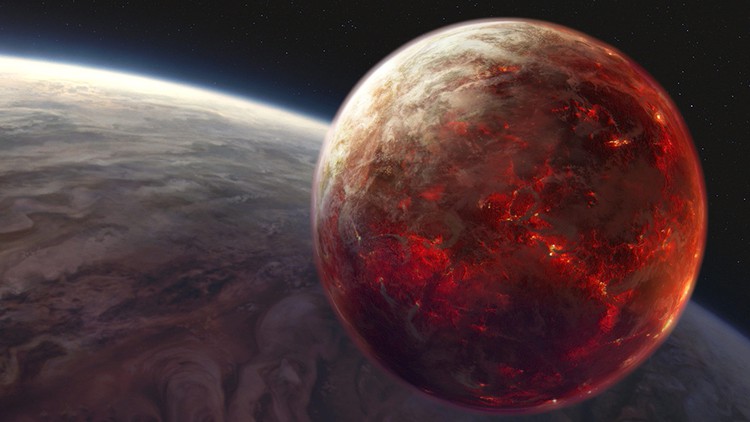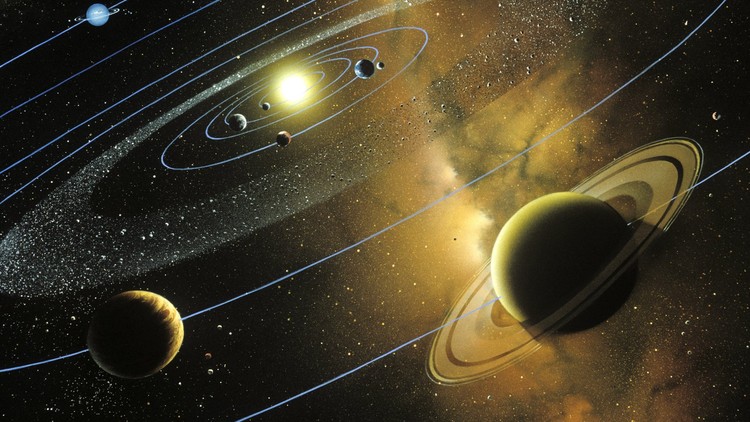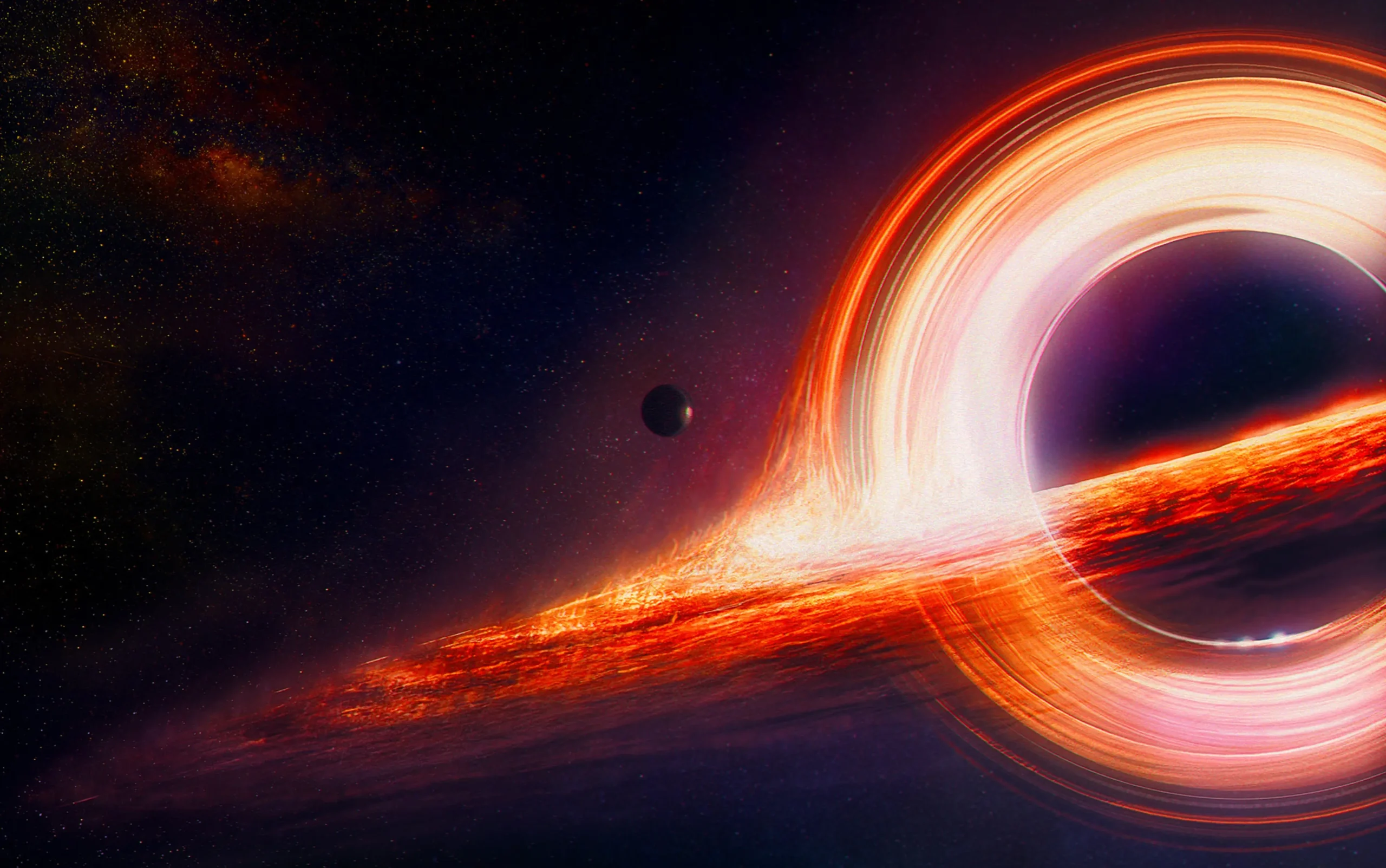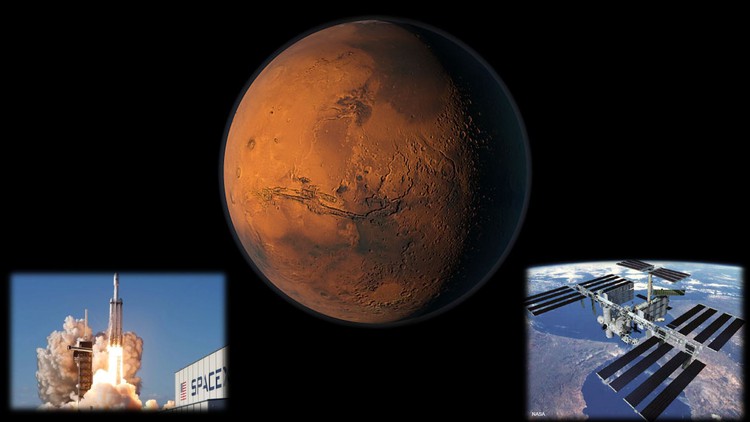Description
This introductory course in astronomy is designed to help beginners understand the wonders of the universe. You’ll start by exploring fundamental concepts such as the life cycles of stars, the structure of galaxies, and the vastness of space. The course covers essential topics like the Big Bang Theory, the formation of planets, and the nature of light, providing a foundation in the science behind celestial bodies. You’ll also learn how to navigate the night sky, identify constellations, and use basic tools for stargazing. By the end, you’ll have a solid understanding of the universe’s structure and a newfound appreciation for the mysteries of space. Ideal for astronomy enthusiasts, this course offers a mix of theoretical knowledge and practical observation tips.
What you'll learn
What You Will Learn:
By the end of the course, students will:
- Understand the basics of astronomy, including key terminology, the structure of the universe, and its evolution.
- Learn about celestial objects: stars, planets, moons, comets, asteroids, galaxies, and black holes.
- Explore the Solar System: the Sun, planets, dwarf planets, and other objects like asteroids and comets.
- Study the night sky: how to identify constellations, planets, and other celestial objects using star charts and astronomy apps.
- Understand light and telescopes: the science behind light, telescopes, and observing the night sky.
- Explore key concepts in cosmology: the Big Bang, the expanding universe, dark matter, and the future of the universe.
- Use astronomical tools and resources: how to use stargazing apps, star maps, and telescopes for effective observation.
- Appreciate the history and future of space exploration: key milestones in human space exploration and what lies ahead.
Syllabus
Course Syllabus:
Week 1: Introduction to Astronomy
- What is Astronomy?: An introduction to the study of the universe, its history, and its scientific significance.
- Key Terms and Concepts: Understanding basic astronomical terminology such as light-year, astronomical unit (AU), magnitude, etc.
- The Scale of the Universe: How to comprehend the vastness of space, from the size of Earth to the observable universe.
- The Scientific Method in Astronomy: How astronomers make observations, collect data, and develop theories about the cosmos.
- The Role of Telescopes: An introduction to the role telescopes play in astronomy, and the different types (optical, radio, space telescopes).
Week 2: The Solar System and Its Components
- The Sun: The star at the center of our solar system, its structure, and its importance for life on Earth.
- The Planets: An overview of the eight planets, their unique features, and their position in the solar system.
- Moons and Satellites: Exploring the natural satellites of the planets, with a focus on the Moon and its phases.
- Other Objects in the Solar System: Dwarf planets, comets, asteroids, and the Kuiper Belt.
- The Role of Gravity: Understanding how gravity governs the motion of objects within the solar system.
- Practical Activity: How to observe the Moon, the visible planets, and the phases of the Moon using a simple telescope or binoculars.
Week 3: The Life Cycle of Stars
- What is a Star?: Understanding how stars are born, live, and die.
- Stellar Classification: The different types of stars (e.g., red dwarfs, white dwarfs, supergiants) and the Hertzsprung-Russell diagram.
- The Life Cycle of Stars: From nebulae to white dwarfs, neutron stars, and black holes. Supernovae and their role in star formation.
- Binary and Multiple Star Systems: How stars can exist in pairs or groups.
- Star Clusters and Nebulae: Exploring star-forming regions like the Orion Nebula and famous star clusters like the Pleiades.
- Practical Activity: Identifying star constellations in the night sky, understanding star brightness and distance.
Week 4: Galaxies and the Milky Way
- What is a Galaxy?: Exploring the structure and types of galaxies (spiral, elliptical, irregular).
- The Milky Way Galaxy: Our home galaxy—its structure, spiral arms, and the location of the Solar System.
- Galaxy Clusters and the Local Group: Understanding how galaxies are grouped in clusters and the Local Group, which includes the Milky Way.
- Other Famous Galaxies: Exploring the Andromeda Galaxy, the closest spiral galaxy to the Milky Way, and the role of black holes at the center of galaxies.
- Dark Matter and Dark Energy: The mystery of what makes up most of the universe’s mass and energy.
- Practical Activity: Learn how to use a star chart to locate the Milky Way’s most prominent constellations and objects.
Week 5: Observing the Night Sky
- How to Observe the Night Sky: Practical tips for stargazing, including the best times, locations, and conditions for observing.
- Constellations and Asterisms: Learn how to identify constellations like Orion, the Big Dipper, and the Zodiac constellations.
- The Ecliptic and the Zodiacs: Understanding the path of the Sun, Moon, and planets across the sky.
- Using Telescopes and Binoculars: Basic instructions for using optical instruments to observe planets, stars, and deep-sky objects.
- Astronomy Apps and Software: Introduction to mobile apps and online tools for stargazing, such as Stellarium and SkySafari.
- Practical Activity: Take a virtual tour of the night sky using a stargazing app, or observe a specific constellation or planet.
Week 6: Cosmology and the Universe
- The Big Bang Theory: Understanding the origin of the universe, its expansion, and the cosmic microwave background radiation.
- The Expanding Universe: The discovery of cosmic redshift and the evidence that the universe is still expanding.
- The Fate of the Universe: Theories on the future of the universe: Big Freeze, Big Crunch, and the role of dark energy.
- Black Holes: What are black holes, how they form, and their influence on surrounding space.
- Cosmic Structures: Understanding the large-scale structure of the universe, from stars to superclusters.
- Practical Activity: Watch a documentary or animation explaining the Big Bang and the expanding universe.
Week 7: The History of Astronomy and Space Exploration
- Early Astronomy: From ancient civilizations (Babylonians, Egyptians, Greeks) to the first telescopic observations by Galileo and Copernicus.
- The Copernican Revolution: How the heliocentric model changed our understanding of the solar system.
- The Age of Telescopes: The development of refracting and reflecting telescopes by pioneers like Isaac Newton, Johannes Kepler, and William Herschel.
- Modern Astronomy: The development of space telescopes (Hubble, JWST) and modern observatories.
- Human Space Exploration: Key milestones in space exploration—Sputnik, the Moon landings, Mars missions, and the ISS.
- Future of Space Exploration: Missions to the Moon, Mars, and beyond, including private space travel and colonization.
- Practical Activity: Research a current space mission and report on its objectives and goals.
Week 8: The Future of Astronomy and Final Reflection
- New Discoveries and Technologies: Cutting-edge research in exoplanet discovery, gravitational waves, and the search for life beyond Earth.
- Citizen Science and Amateur Astronomy: How beginners can get involved in astronomy through observations, star parties, and contributing to science.
- Careers in Astronomy and Space Science: Paths to becoming an astronomer, astrophysicist, or space engineer.
- Review and Final Exam: A recap of the course material and a short quiz to test your knowledge.
- Final Project: Submit a final project where you describe your favorite celestial object or a recent discovery in the field of astronomy.






Yinka –
“Astronomy for Beginners is an incredible learning experience for those eager to delve into the mysteries of the cosmos. The course provides a comprehensive overview of astronomy, from the basics of celestial objects to the latest scientific advancements. The instructor, Dr. Emily Carter, is a captivating and knowledgeable guide who presents the material in a clear and engaging manner. The interactive exercises and simulations further enhance the learning process, making it both immersive and enjoyable. I highly recommend this course to anyone aspiring to gain a profound understanding of the wonders of space.”
Dahiru –
“As a beginner in astronomy, this course blew me away! The content was incredibly engaging and accessible, presented in a way that made complex concepts feel manageable. The interactive simulations and animations were a game-changer, bringing the subject to life. I highly recommend this course to anyone with an interest in exploring the wonders of the cosmos. It has sparked a passion in me that I never thought possible.”
Femi –
“This online course is a fantastic introduction to astronomy for those with no prior knowledge. The lessons are clearly presented and engaging, explaining complex concepts in an easy-to-understand manner. The instructor’s enthusiasm for the subject shines through, making learning enjoyable and inspiring. It has sparked a genuine interest in astronomy and provided a solid foundation for further exploration.”